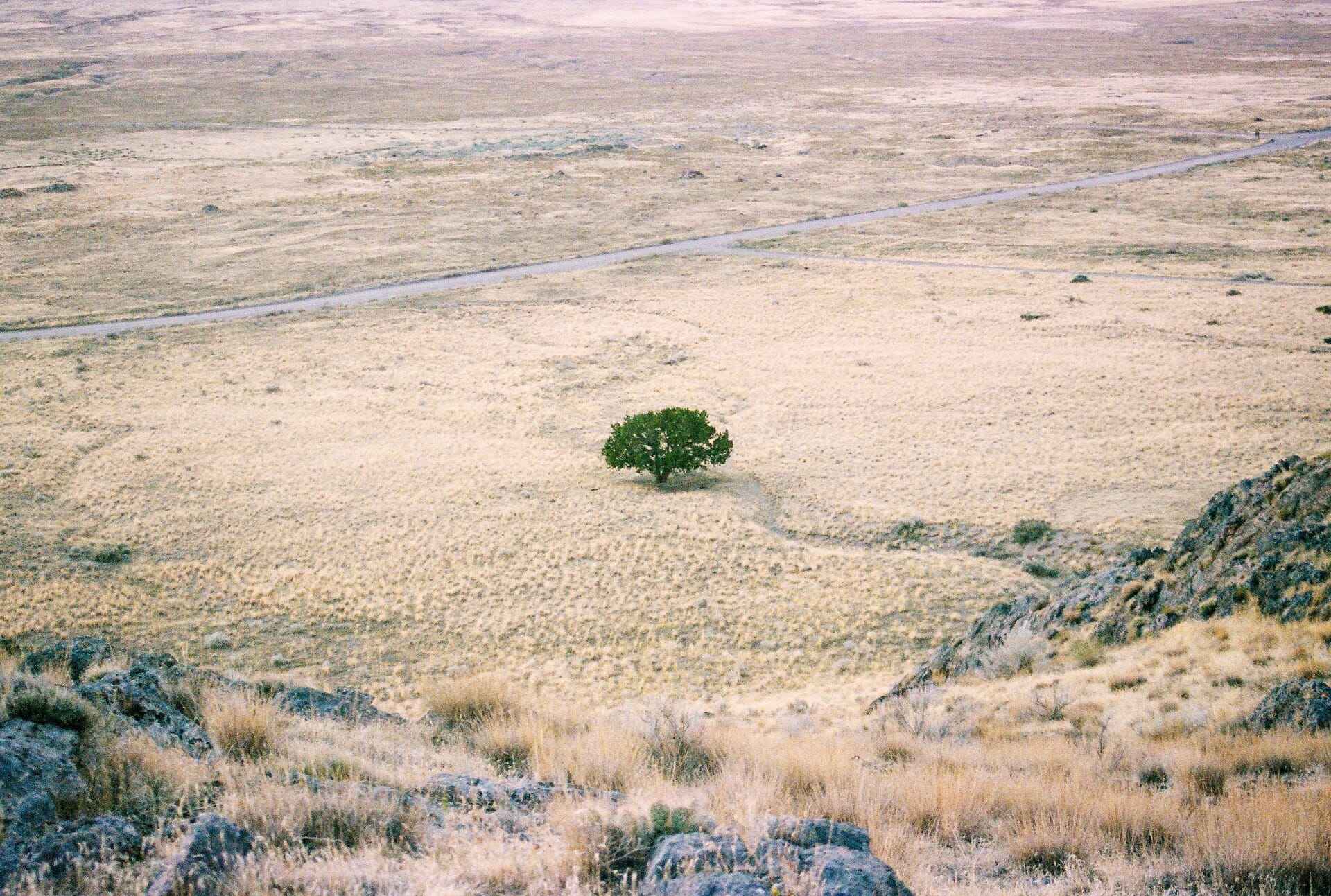For the first time in the nation’s history, the United States federal government has declared a water shortage in the lower basin of the Colorado River and Lake Mead, a drastic measure that will result in water cuts into 2022 in several states as well as in areas of Mexico. Lake Mead, the largest water reservoir in the United States that supplies over 40 million people, fell to its lowest point ever, and is projected to be unable to meet its water and energy demands across the west coast.
This declaration from the federal authorities is tantamount to an official acknowledgment that extreme weather events such as persistent and widespread water shortages are going to be with us for the near future. They herald a deep change that will have not only economic repercussions but societal ones as well. Business models and sources of income are at risk and may well have to change radically. For many, it has become clear that climate change is to blame – but, regardless of who or what is to blame, the consequences are immediate and the challenges are tangible.
The shortages have primarily occurred due to record temperatures, droughts, and a lack of rainfall throughout the first half of the year, as weather extremes that saw July register as the hottest month in 142 years have overwhelmed one of America’s most vital water systems.
According to the US Bureau of Reclamation, the drastic shifts in the climate of the American west coast have caused the total water storage of the Colorado River to sit 49% lower than it was this time last year, at just 40% capacity. The Colorado River’s runoff levels in 2021 hit just a quarter of their average, and in June, Lake Mead’s water levels fell to their lowest ever recorded point, reaching just 37% capacity.
The Colorado River, the supply source of the reservoir, is significantly over-allocated, supplying water to seven US states. The demand for the water exceeds the river’s flow, as experts say that existing water sharing systems are based on levels that have been substantially altered through climate change.
Breaking: The federal government has declared a shortage on the Colorado River for the first time, announcing mandatory water cutbacks next year that will affect Arizona, Nevada and Mexico.
Story coming w/ @zaynasyed_ via @azcenvironment pic.twitter.com/UVpuqHeakI
— Ian James (@ByIanJames) August 16, 2021
The upper basin of the Colorado River, supplying states including New Mexico, Utah, and Wyoming, is legally obligated to supply water to the drought-stricken lower basin. However, last month the governing body legislating over the apportionment of the river’s upper basin began enacting its own drought operations, as the entirety of the American southwest has seen its worst droughts in two decades.
The extreme weather shifts have also exacerbated the Colorado River water shortages through a reduction of the snowpacks across the southwest, resulting in a substantial decrease in the river’s water flow.
Related Articles: Severe Droughts, Record Heatwaves and Water Mismanagement Result in Deadly Riots in Iran | The Effects of Climate Change on Groundwater: An Out-Of-Sight Crisis
In a statement released on Monday, Assistant Secretary for Water and Science Tanya Trujillo said that “like much of the West, and across our connected basins, the Colorado River is facing unprecedented and accelerating challenges,” adding that “the only way to address these challenges and climate change is to utilize the best available science and to work cooperatively across the landscapes and communities that rely on the Colorado River.”
Record low water levels have also been recently recorded in Lake Powell, the second-largest reservoir in the United States, as the droughts across America’s southwest have severely impacted the region’s water security whilst effectively depicting the consequences that climate inaction could bring to areas susceptible to drought.
In a year that has already evidenced numerous severe weather events that have brought the urgency of the climate crisis to indisputable levels, from severe flooding and record heat-waves, to alarming wildfires across Europe, America, and China, the Colorado River’s first-ever water shortage is a stark warning that the problems caused by climate change will only become worse and harder to solve without a decisive intervention.
Editor’s Note: The opinions expressed here by Impakter.com columnists are their own, not those of Impakter.com. — In the Featured Photo: A Drought-Stricken Field. Featured Photo Credit: Pixabay.










